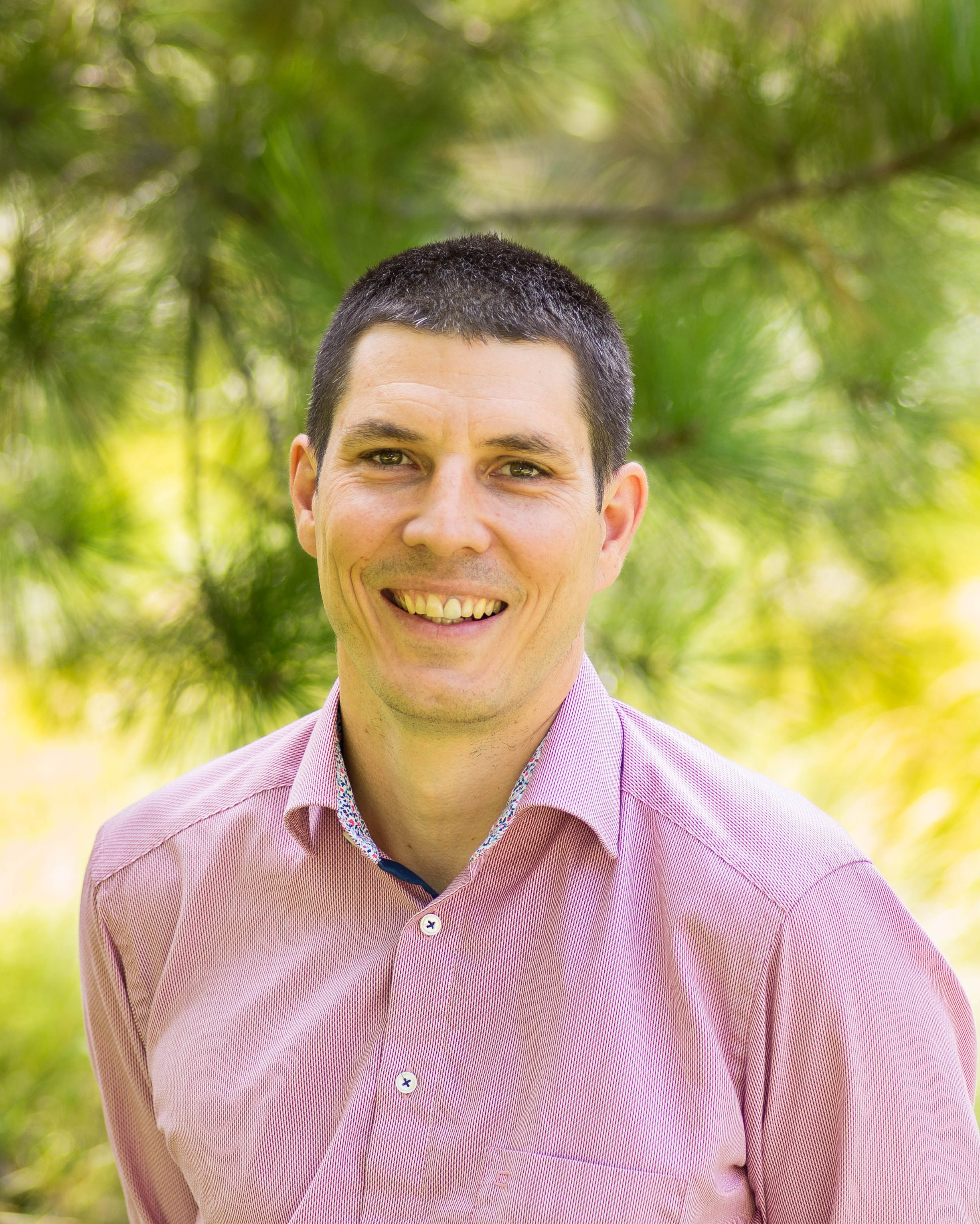
CD9 marks a human beta cell subpopulation with increased immunogenicity
Holger Russ1.
1Diabetes Institute, University of Florida, Gainesville, FL, United States
Pancreatic beta cells are specifically destroyed during the development of autoimmune diabetes. Re-emerging interest in human beta cell heterogeneity has described subpopulation with distinct expression profiles and function. However, if human beta subpopulations with differential immunogenicity exist is currently unknown. Here, using two complementary human beta cell model systems, cadaveric human islets (HI) and stem cell derived beta cells (sBC), we investigate if differential human beta cell immunogenicity can be identified. Using single cell and bulk RNA sequencing, quantitative flow cytometry (FCM) and immune fluorescence staining (IF) analysis we identified a beta subpopulation marked by CD9 that exhibits increased expression of immune related transcripts and proteins. CD9+ beta cells present with a senescence and senescence associated secretory phenotype. Functional analysis using HLA matched co-cultures of beta cell subpopulations with either CD4 and CD8 T cells reveals increased stimulation of autoreactive TCRs by CD9/senescent beta cells. Transplantation of human beta cells results in a dramatic increase in CD9/senescent beta cells providing important insights into cell therapy efforts. In sum, our study demonstrates for the first-time differential immunogenicity of human beta cell subpopulations, and as such carries critical implications for our current understanding of T1D development and cell replacement approaches.
Immunoprotection of Stem Cell Islets: Genome Editing and Beyond